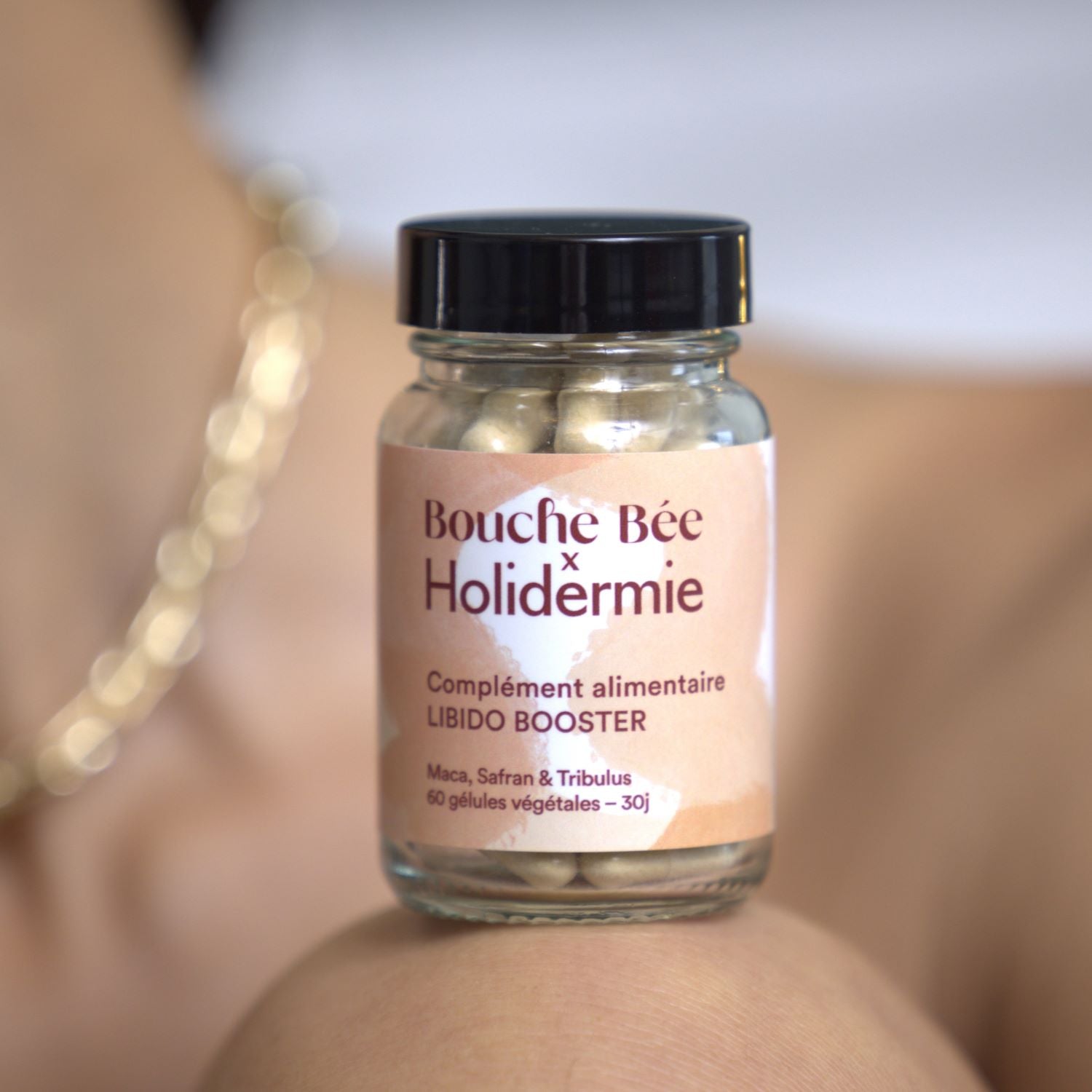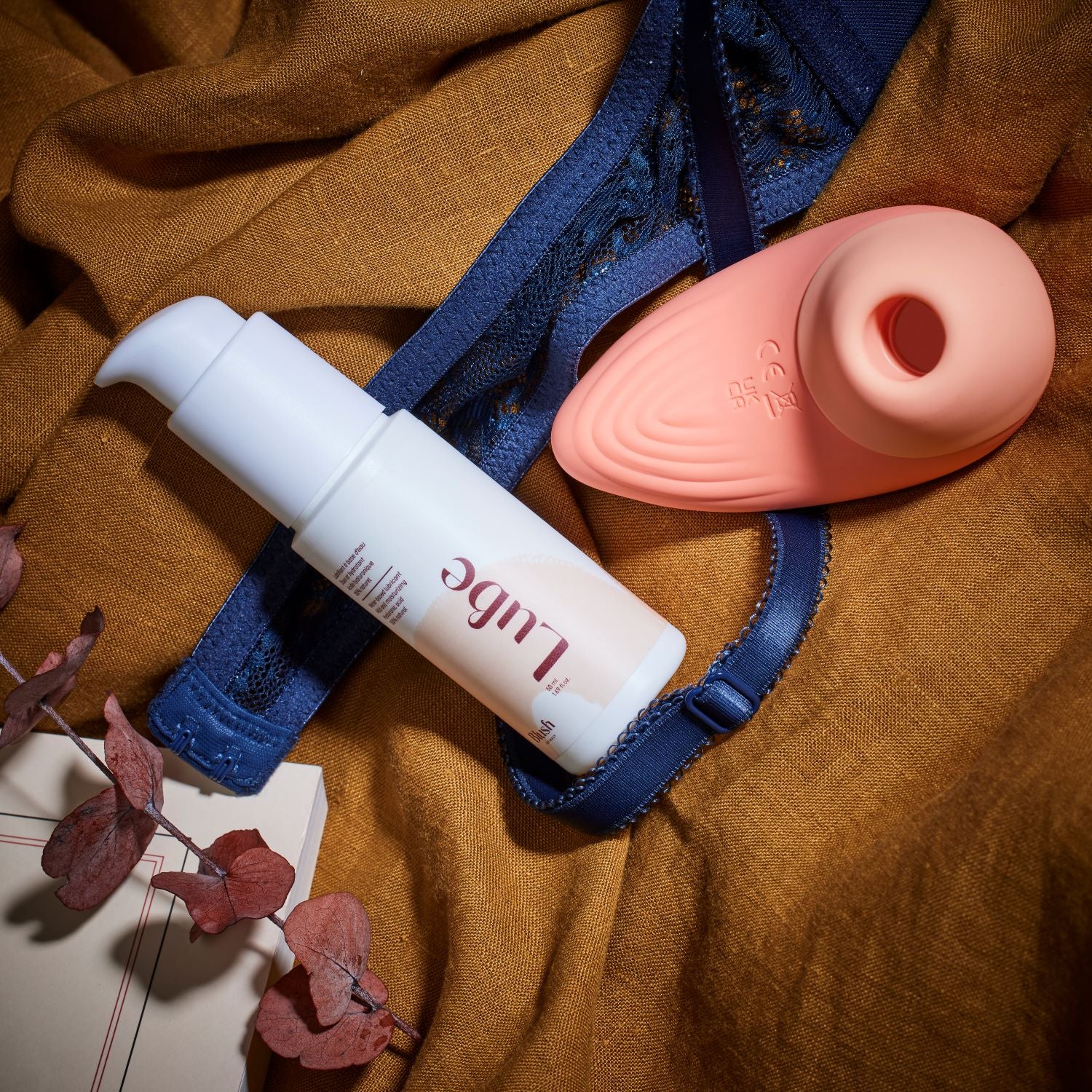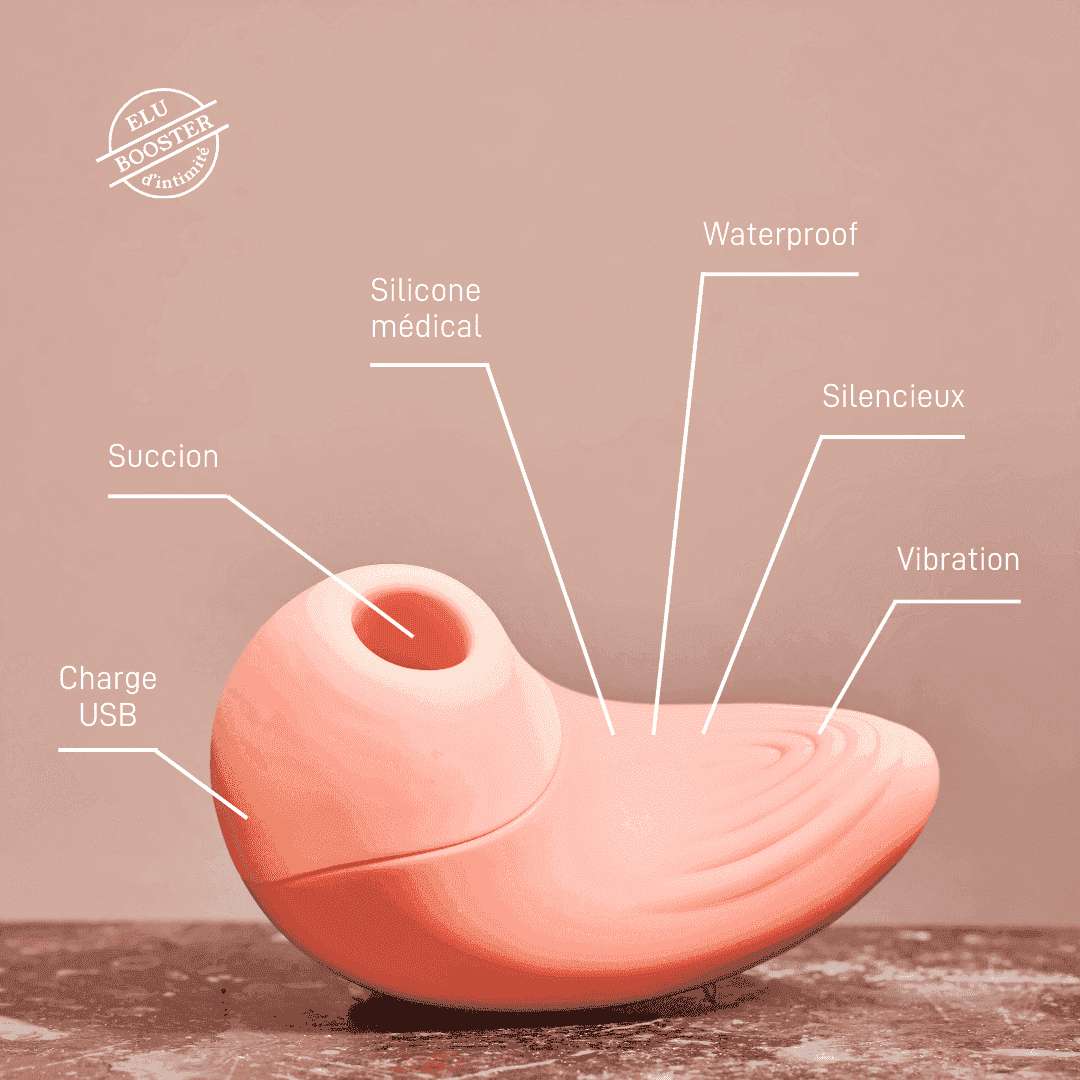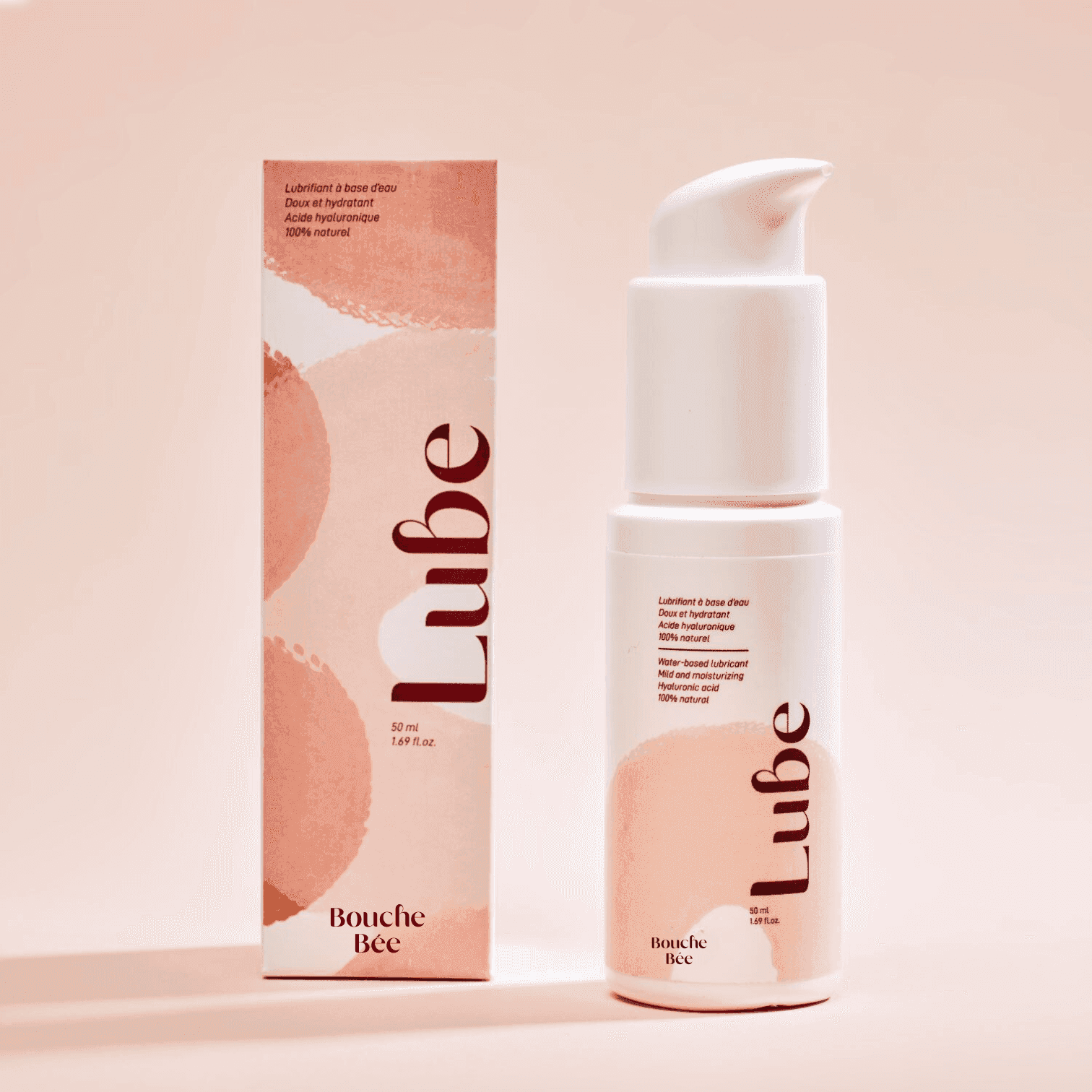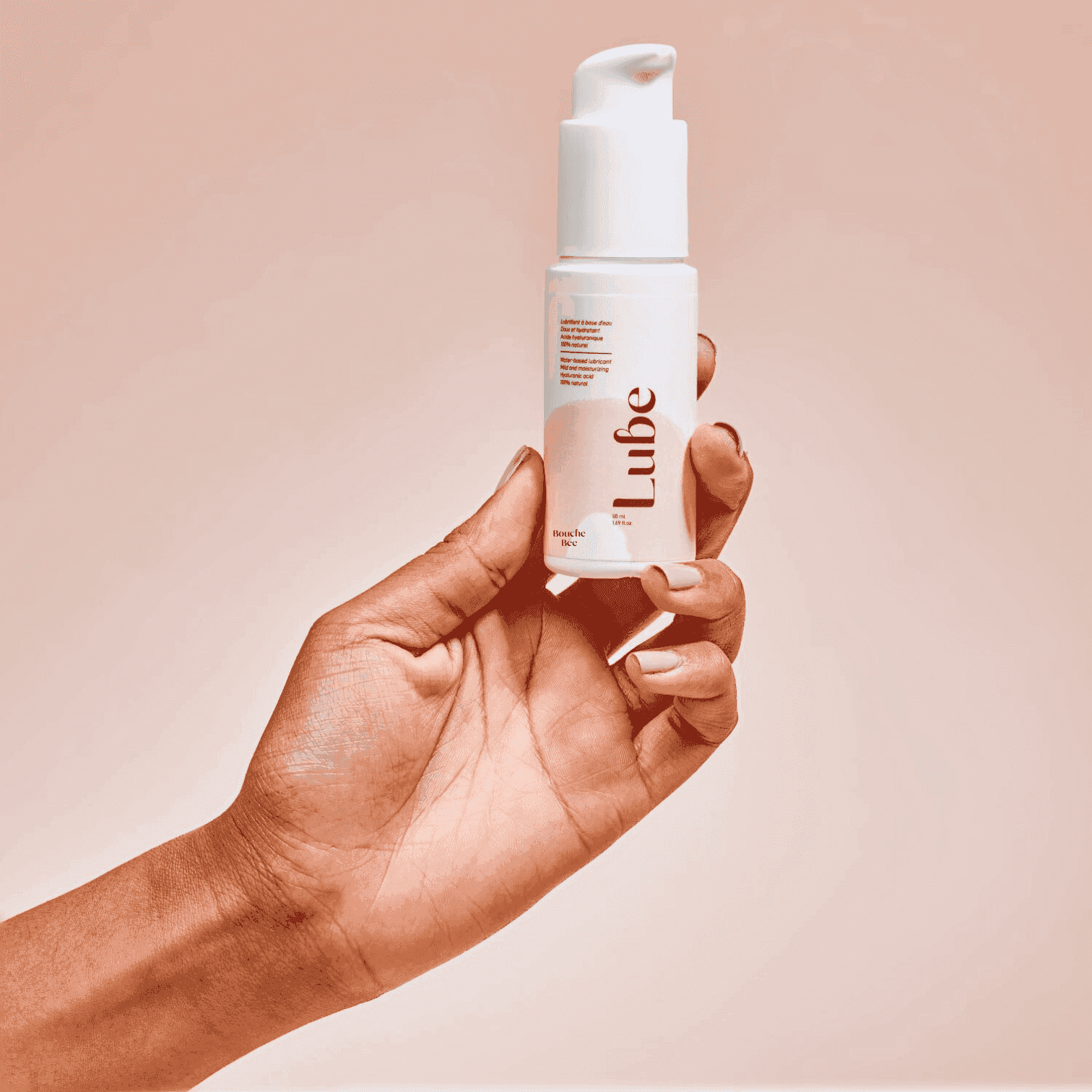4 idées reçues sur l'orgasme à démonter de toute urgence
Que sait-on de l’orgasme en 2021 ? A croire les mythes qui perdurent dans l’imaginaire collectif, pas grand-chose. Petite mise au point en 4 affirmations… inexactes.
“Il y a deux orgasmes : le clitoridien et le vaginal”
Une méconnaissance générale du corps des femmes couplée à une diabolisation du plaisir féminin en solo, notamment orchestrée par Freud, ont provoqué des siècles de culpabilisation et d’ignorance par les concernées de leurs propres zones érogènes.
Aujourd’hui, on sait désormais que l’orgasme est par définition clitoridien, puisque le clitoris est le seul organe du plaisir et possède la modique somme de 8000 à 10 000 terminaisons nerveuses. Rien que ça. Qu’en est-il de celui qu’on ressent pendant la pénétration ? Il est lié à la partie interne de l’organe, dont les “ailes” encerclent la vulve et le vestibule.
“Toutes les femmes peuvent atteindre l’orgasme plusieurs fois”
L’orgasme multiple existe, sans aucun doute. Mais toutes les femmes ne peuvent pas l’atteindre, et surtout pas à tous les coups (au sens propre, comme au figuré : le·la partenaire aussi, à son rôle à jouer dans l’affaire).
Certaines ne sont plus réceptives après avoir joui une première fois, d’autres éprouvent une sensibilité telle au niveau du clitoris que le caresser à nouveau devient douloureux. Une réalité à normaliser !
“L’orgasme dépend de la taille du pénis du partenaire”
Lorsque l’on parle de rapports pénis-vagin, on entend souvent que la taille du sexe de la personne qui pénètre aurait une importance démesurée dans l’accession de celle qui est pénétrée à la jouissance. Plus il serait imposant, meilleure serait l’expérience, en gros.
On ne va pas passer par quatre chemins : c’est complètement faux. On le disait plus haut, l’orgasme dépend de la stimulation des bulbes clitoridiens, et donc de l’attention que met l’autre à nous toucher au bon endroit. Peu de lien avec les proportions, donc.
“L’orgasme est indispensable à chaque rapport”
Dernier point et pas des moindres : on peut prendre son pied sans pour autant clôturer nos ébats par un orgasme.
Explorer son corps pour découvrir ce qui nous fait du bien, c’est essentiel, que son·sa partenaire sache ce qui nous fait vibrer, aussi, mais vivre sa sexualité comme une énième injonction, c’est non.
D’ailleurs, moins on visualisera cette fin explosive comme un but à atteindre absolument, plus on se laissera aller à profiter de l’instant, et plus notre plaisir s’en trouvera décuplé. Gagnant-gagnant.
Pauline Machado, journaliste








